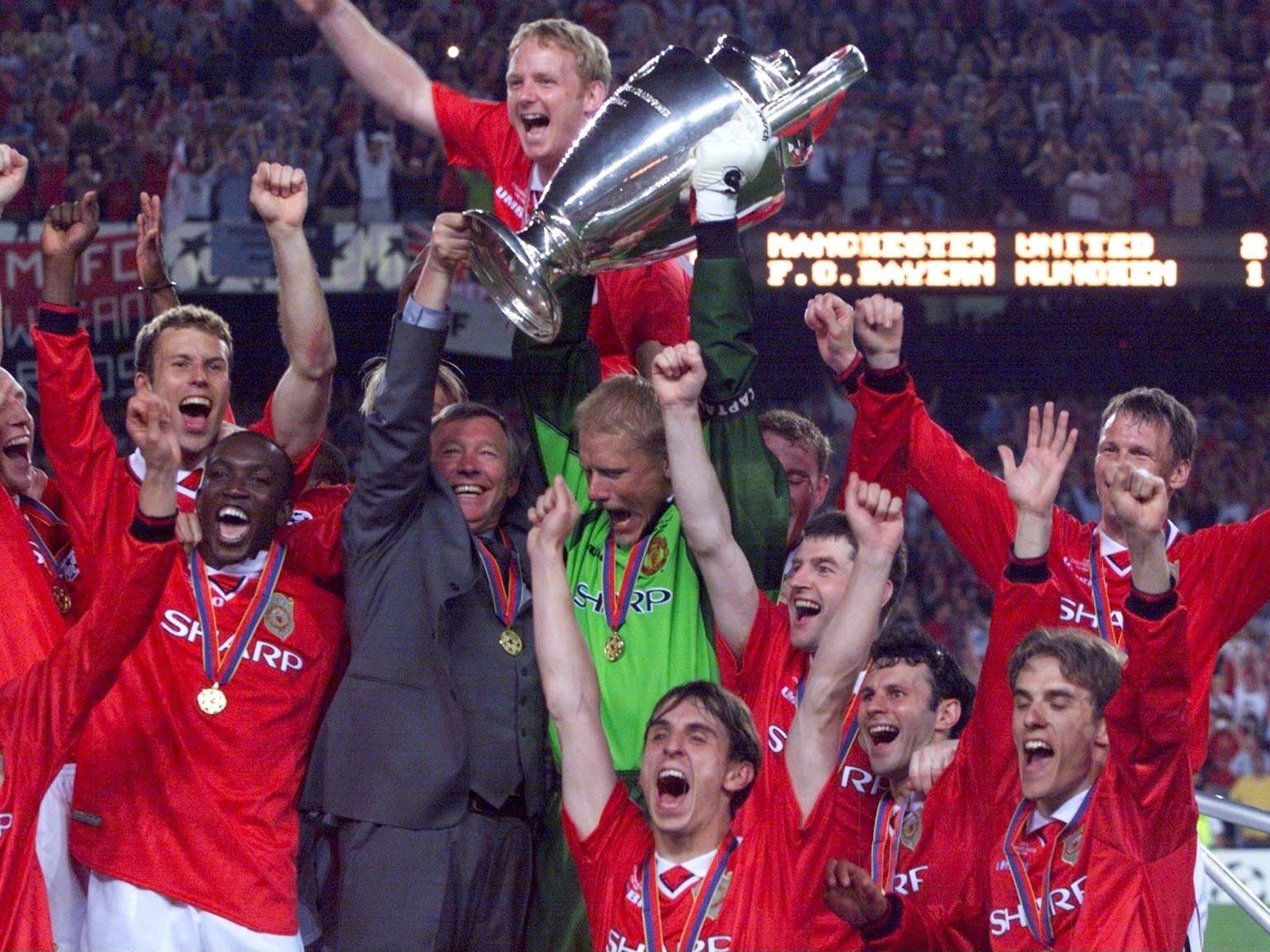We've become ashamed of our football but we still have something to teach the world

Their ordinary names - Fred and George, Harry, Jack, Alf and Jimmy – tell us that they were ordinary men before they did an extraordinary thing and took English football to the world. That’s why their story is so irresistible.
Fred Pentland, George Raynor, Alf Spounder, Harry Game, Jack Greenwell and Jimmy Hogan belonged to that age before self-aggrandisement and yet they had every reason to sing their own praises in the modern managerial way. Some of this six and others like them had endured more outside of the realm of football than any should have to face in a lifetime: conscription to serve in World Wars which claimed their friends and brothers and, at the end of it, a lack of general usefulness. Their careers as footballers had come to an end and Britain did not see a role for the trainer beyond the basic task of keeping players fit and fast. So, as a new book which features and cherishes their exploits reveals, they packed up their troubles and headed off for those countries which did want to be taught the game.
It is in the small details of how the destinies of this band of proselytisers were forged that the book – Mister, by the author and Times journalist Rory Smith – delivers such delights. Pentland left for Berlin just before the war because Middlesbrough, Halifax and Stoke could find no role for him and was interned in Ruhleben, to the west of the city, because of it. Yet he struck out again, for Santander and Bilbao, where he had learned fluent Spanish, observed and adopted the local manners. He was “a little tin God” by time his old friend Steve Bloomer – also interned at Ruhleben – also gave up the ghost on his beloved England and rolled up to manage Real Irun in the Basque country.
Pentland is my favourite character from this book of 1,000 colours. He loved Bilbao’s tascas and tapas bars. He was never seen without a Havana between his lips and a bowler hat – a bombin as the Spanish call them – on his head. Every time his players won a game they would snatch it and celebrate by jumping on it, thereupon replacing it. After even greater accomplishments at Barcelona, the chance came for Greenwell to leave Peru for Colombia. “It’s me or Barranquilla,” Mrs Doris Greenwell told her husband. The Colombian city got the nod.
But more even than the new places they found, these souls loved English football to its bones. Pentland – so worshipped at San Mames that when the Athletic scored three the crowd would turn to the stand and cry Viva Pentland - was Messianic about the need to shoot more; to strike it “hard, rapid, curtly” and with both feet. Decades ahead of the current conversation about the best way to extract loyalty from players, he observed that it was “essential to know how to teach.”
To read the stories of these men and more – Hogan, demanding his players “make friend with the ball” in his adoptive Vienna and Raynor becoming an almost mythical figure in Sweden, whom he took to the 1958 World Cup Final on home soil – is to be reminded that there was a time when this football nation felt it had something to teach.
We still do, yet because some of the skills coalesce around a psychological approach – fight, resolve, a determination to get behind the ball in numbers and never to yield – ‘Britishness’ or ‘Englishness’ has somewhere along the line become pejorative. It was the Independent's Danny Higginbotham who argued on these pages last year that these core principles of our game were being lost. Astonishing that - since it is the self-spirit which has actually delivered such European success in modern times. Liverpool v AC Milan, 2005, by way of example. Manchester United v Bayern Munich, 1999. Across the four seasons the Champions League was been brought back to England by Manchester United (twice), Liverpool and Chelsea - 1999, 2005, 2008 and 2012 - our clubs went behind 14 times and lost only twice. Danny’s statistic – not mine.

The irony is that it has taken foreign managers to bring the successful return of some of those so-called English principles to the Premier League this season – in the shape of a thriving Leicester City and Watford, with their 4-4-2s. . “Because of the way they play Leicester will do well in the Champions League,” Higginbotham tells me.
The difficulties Gary Neville encountered at Valencia, as well as David Moyes’ failure on Pentland’s hallowed turf, do not deconstruct the idea that British managers can travel, although they show the challenge is greater now. Neville selected terrible turf. Six current Premier League managers have been sacked by Valencia. Moyes always had eyes for a return to England.
“We are often guilty, in football’s ever-shrinking world, of looking overseas for inspiration,” Roy Hodgson, another of those adventurers, writes in an introduction to the book. “We look on the achievements of the Spanish, the Germans and the Dutch with envy, wondering which elements of their success we might able to co-opt into out own thinking. We see the exotic as superior. We talk about needing to leave our own history, our own traditions behind.” He is right. There is no reason why the spirit of football’s trailblazers must remained locked away in time.
Mister – The Men who Taught the World How to Beat England at their Own Game, by Rory Smith (Simon and Schuster £18.99)
Willett showed golf can defy expectations
Coming on an Augusta golf course which 12 months ago told caddie Carl Jackson, a very rare black face, that it could not guarantee him an honorary place in the years beyond his impending retirement, one of the beautiful aspects about of Danny Willett’s triumph was an unclipped accent.
“Exactly,” said his caddie Jonathan Smart in broad south Yorkshire brogue as the pair of them made a mutual decision on the 18th fairway. It is sign of our metropolis’ myopic struggle to come to terms with anything northern that so many have been so determined to locate him as a son of Sheffield rather than the more unprepossessing Rotherham, which is a very different thing and where he is from. And that there was actually the need in one paper to describe Anglesey, where the Willett family used to holiday, as an “island on North Wales’ North West coast.” Yet to see him telling his nearest and dearest to “try him on the landline” as Jordan Speith completed his round on Sunday night was to see real, unvarnished individual prevail. And to give thanks for the way golf can defy expectation perhaps more than any sport.
Join our commenting forum
Join thought-provoking conversations, follow other Independent readers and see their replies
Comments
Bookmark popover
Removed from bookmarks